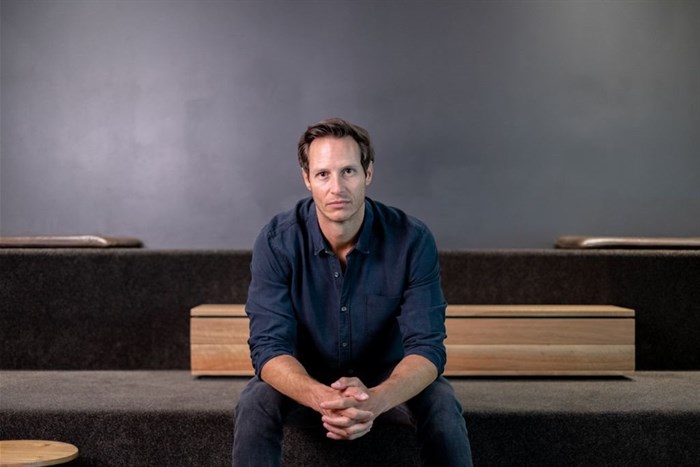
Top stories






More news


Marketing & Media
Ads are coming to AI. Does that really have to be such a bad thing?














The Western Cape Provincial Government has made its ambitions to establish Cape Town as “Africa’s tech capital” very clear and it is already ranked among the top 100 emerging startup ecosystems in the world.
Already the city is home to tech heavyweights including Takealot, Naspers, SweepSouth, Yoco and GetSmarter, while the tech sector collectively employs more than 40,000 people. The digital economy holds a great competitive advantage for Cape Town, and one that we must continue to nurture, grow and develop.
This is just one of the many reasons we’ve brought our own serviced office business to Cape Town where we are creating a crypto hub, or Blockchain City, which we anticipate will attract more businesses like our anchor tenant Crypto Banter.
As the country recovers from the ongoing impact of the Covid-19 pandemic it is even more important that we embrace efforts that can incrementally improve our economic position. By positioning South Africa, and specifically Cape Town, as a digitally sophisticated country and city, we are allowing ourselves to be more globally competitive, which in turn attracts the foreign investment we so desperately need.
Hybrid work models, and the infrastructure and facilities that make hybrid work possible, have a critical role to play in supporting the city’s tech ambitions. The work from home and hybrid work revolution, accelerated by the pandemic, was once the reserve of startup and Silicon Valley companies who were among the first to realise the value of offering employees the flexibility to work from wherever they are, while still offering them the option of a space to work from.
Innovation is key to the longevity of any business, but even more so in the tech and digital environment where the drive to be faster, better and edgier is the competitive edge. And innovation, together with creativity, doesn’t happen in isolation and is in fact often the coincidental result rather than a planned outcome. Many inventions and discoveries are thanks to a serendipitous moment or meeting. The modern office version of serendipity happens in those accidental collisions that force interaction and strengthen relationships between co-workers.
For many years companies have even tried to design for serendipity. When Steve Jobs designed Pixar’s headquarters, for example, he mandated central bathrooms so that people from around the company would run into one another. And when it came time to build Apple’s new gleaming UFO-esque headquarters, he took that philosophy to the extreme. It’s no accident, for instance, that the inner part of the circular building contains a 30-acre (12 ha) park featuring a pond, with fruit trees and winding pathways inspired by California’s fruit orchards.
And while replicating these examples would require large budgets, the philosophy behind these efforts is one that can certainly, and inexpensively, be copied. Designing for these chance encounters can be as simple as making a modern, comfortable and aesthetically pleasing space available in which these interactions can take place. The hybrid model is all about providing the best of both worlds – the flexibility of WFH and the dynamism of the office. But it is essential that the office is designed in a human-centric way to encourage free-thinking, creativity and the “vibe” that comes from people working in the same space.
Cape Town is well on its way to becoming the Silicon Valley of Africa but in order to truly own – and maintain – that title we need to ensure that the surrounding facilities, services and infrastructure support this ambition. Establishing more facilities that support hybrid work models is just one way of doing so.
